Adopting eight high-impact solutions can transform the growth of virtuous mobility, potentially doubling the share of sustainable mobility in the modal split from approximately 30% to 60% of passenger kilometers (PAX) over the next decade. This is the key finding of the fifth Arthur D. Little (ADL)/POLIS Future Mobility report, which was published today.
Despite the promise of sustainable mobility to reduce emissions, increase choice and deliver seamless journeys, its progress over the last 15 years has been slow, with use of public transport, active mobility and new/shared mobility services growing by just +10%pts of trips. 70% of passenger-km in urban areas are still by individual car, while the transport sector still contributes to 25-40% of national carbon dioxide (CO2) emissions on a worldwide basis with a steady increase since 1990.
Developed by ADL in combination with POLIS, Europe’s leading network of local and regional authorities advancing sustainable urban mobility through transport innovation, the fifth Future Mobility study provides a 360-degree perspective on mobility matters. It aims to shed light on what key stakeholders — transport authorities at local, regional, and national levels; public and private mobility services providers; transport sector suppliers; and investors — should do to accelerate the transition toward more sustainable mobility. The joint study is based on extensive interviews and focus groups with sector stakeholders and global research to collect insights from mobility leaders.
Francois-Joseph Van Audenhove, Managing Partner, Global Head of Travel & Transportation Practice at ADL and leading ADL’s Future of Mobility Lab, comments: “While some progress has been made since we published our first study in 2011, overall the individual passenger car still dominates urban transport. However, our analysis shows that, with comprehensive implementation, appropriate funding, and robust governance at the system level, the implementation of the eight high-impact solutions reviewed have the potential to double the global share of sustainable mobility and accelerate the transition toward more virtuous mobility systems in the next decade. The potential for transformation is evident, yet the real challenge lies in putting it into action.”
Karen Vancluysen, Secretary General, POLIS, comments, “We live in very uncertain and unpredictable times – but looking into the future is a key component of leadership. What trends and challenges are driving our mobility systems? What solutions are out there, and which ones are we actually able to deliver? How can public and private sector initiatives come together and mutually reinforce each other? What will be the game changers in the years to come? This study aims to help us move forward and accelerate the urgent transition to a more sustainable mobility. It supports stakeholders with navigating the innovation landscape and putting ambition into action by prioritising the right solutions.”

The eight solutions reviewed are
Climate change mitigation policies – adopting a more joined-up policy approach, complementing electrification with other actions to maximize its impact
City of Proximity (15 minute city) concepts – shaping cities to be more human-centric and accessible
Dimensioning of mass transit – developing multimodal masterplans to encourage public transport use
New mobility services (micro, shared and on-demand) – greater collaboration between local and regional authorities and new mobility service providers to create and grow ‘shared-mobility ecosystems’, combining public transport and new mobility.
Mobility-as-a-Service – adapt a comprehensive approach to frame and enable
MaaS solutions that are enabling mobility policy’s objectives, and providing more value than the sum of their parts.
Autonomous mobility – anticipating the introduction of autonomous vehicles and looking at specific use cases that increase sustainability
Mobility demand management – driving behavior change through a combination of regulation and cultural change
Mobility funding – optimizing the efficiency and effectiveness of funding and diversifying funding sources for operators
Individually none of the solutions has an impact of more than around 15%, showing the need for a coordinated sustained approach to enable success. There is also a large gap between theory and practice – 81% of mobility leaders saw the eight solutions as important, but under 60% are confident in the current readiness of mobility systems to implement them, highlighting the need for system-level coordination and enablement to bridge this gap and turn potential into reality.


 أسواق5 years ago
أسواق5 years ago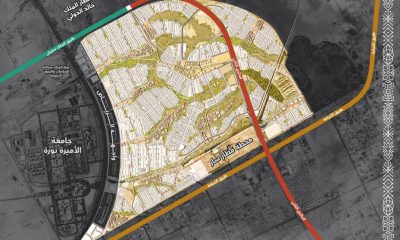
 عقارات5 years ago
عقارات5 years ago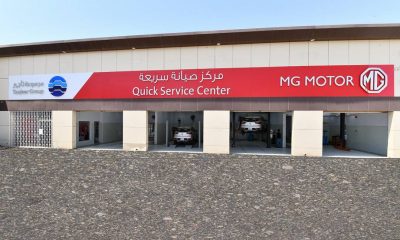
 سيارات5 years ago
سيارات5 years ago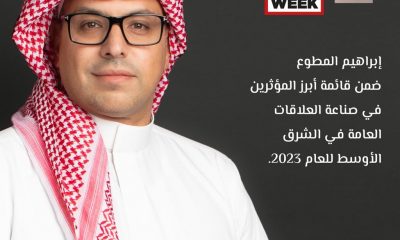
 منوعات2 years ago
منوعات2 years ago
 فن5 years ago
فن5 years ago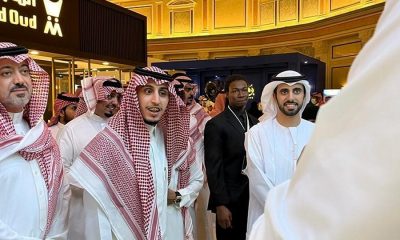
 عطورات4 years ago
عطورات4 years ago
 اتصالات وتقنية2 years ago
اتصالات وتقنية2 years ago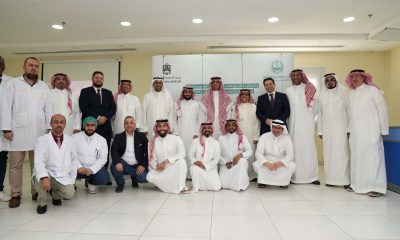
 عطورات3 years ago
عطورات3 years ago



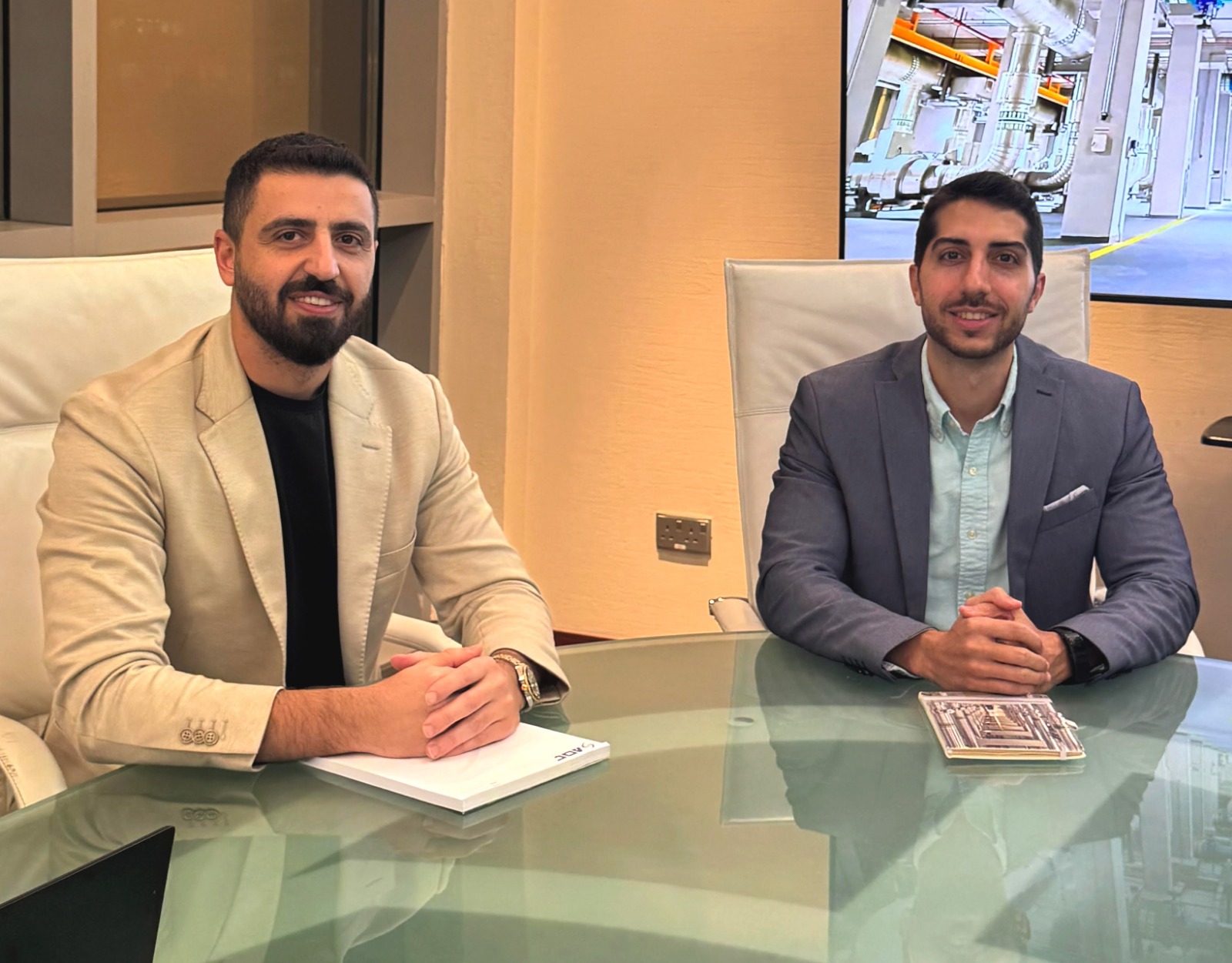
You must be logged in to post a comment Login